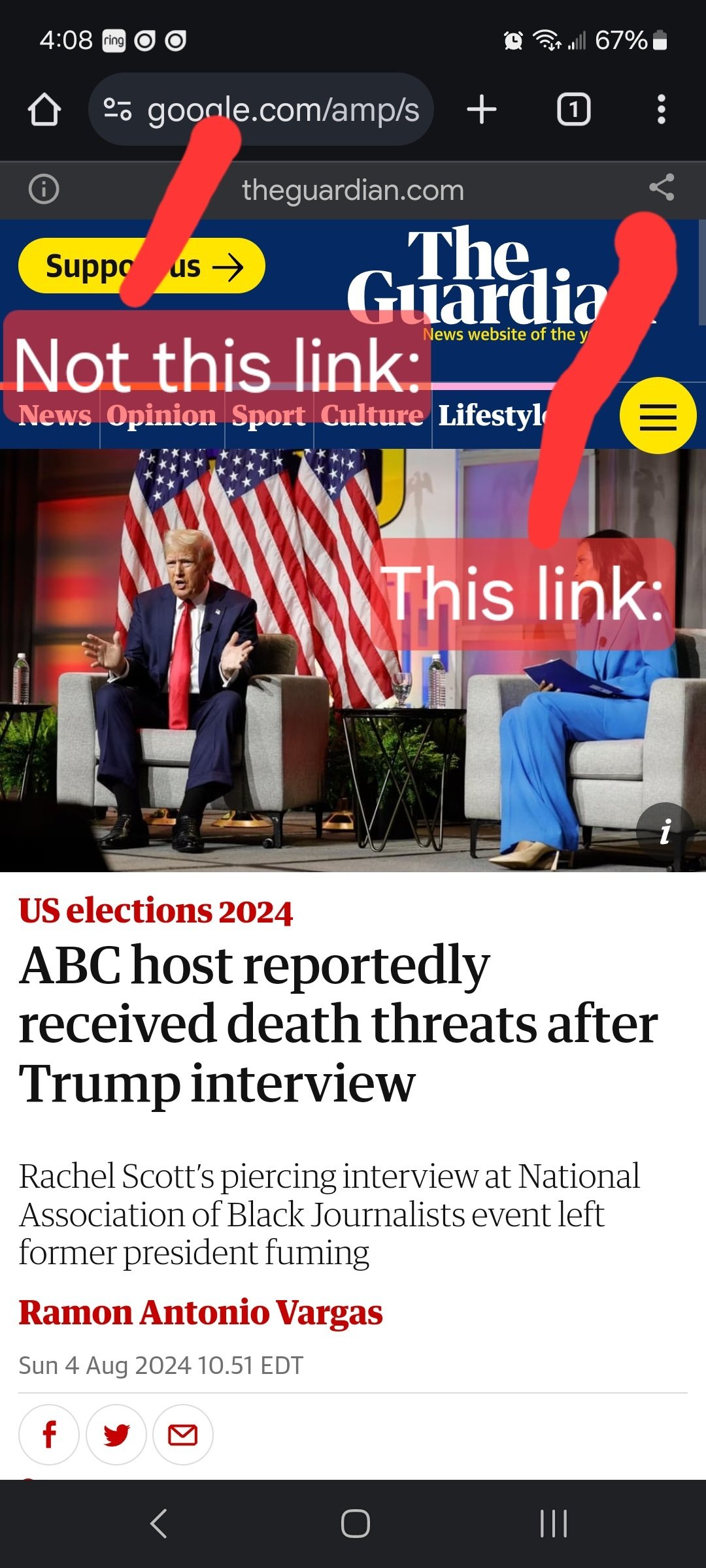politics
Welcome to the discussion of US Politics!
Rules:
- Post only links to articles, Title must fairly describe link contents. If your title differs from the site’s, it should only be to add context or be more descriptive. Do not post entire articles in the body or in the comments.
Links must be to the original source, not an aggregator like Google Amp, MSN, or Yahoo.
Example:

- Articles must be relevant to politics. Links must be to quality and original content. Articles should be worth reading. Clickbait, stub articles, and rehosted or stolen content are not allowed. Check your source for Reliability and Bias here.
- Be civil, No violations of TOS. It’s OK to say the subject of an article is behaving like a (pejorative, pejorative). It’s NOT OK to say another USER is (pejorative). Strong language is fine, just not directed at other members. Engage in good-faith and with respect! This includes accusing another user of being a bot or paid actor. Trolling is uncivil and is grounds for removal and/or a community ban.
- No memes, trolling, or low-effort comments. Reposts, misinformation, off-topic, trolling, or offensive. Similarly, if you see posts along these lines, do not engage. Report them, block them, and live a happier life than they do. We see too many slapfights that boil down to "Mom! He's bugging me!" and "I'm not touching you!" Going forward, slapfights will result in removed comments and temp bans to cool off.
- Vote based on comment quality, not agreement. This community aims to foster discussion; please reward people for putting effort into articulating their viewpoint, even if you disagree with it.
- No hate speech, slurs, celebrating death, advocating violence, or abusive language. This will result in a ban. Usernames containing racist, or inappropriate slurs will be banned without warning
We ask that the users report any comment or post that violate the rules, to use critical thinking when reading, posting or commenting. Users that post off-topic spam, advocate violence, have multiple comments or posts removed, weaponize reports or violate the code of conduct will be banned.
All posts and comments will be reviewed on a case-by-case basis. This means that some content that violates the rules may be allowed, while other content that does not violate the rules may be removed. The moderators retain the right to remove any content and ban users.
That's all the rules!
Civic Links
• Congressional Awards Program
• Library of Congress Legislative Resources
• U.S. House of Representatives
Partnered Communities:
• News
view the rest of the comments
I mean, he's not wrong, he's just being an asshole about it. :)
The Constitution gives two controls on the Supreme Court:
Nominees are made by the Executive branch and confirmed by the Senate.
Impeachment.
That's it. There's nothing else in the Constitution about judicial ethics, or recusals, or anything else.
There isn't even really a control on bad or unpopular decisions by the court. It isn't like the relationship between Congress and the executive where they pass laws and the President signs or vetos them and congress can over-ride the veto power.
When the Supreme Court makes an unpopular decision, the only recourse is for Congress to pass a new Amendment.
This isn't really accurate. The Supreme Court isn't a state protected from federal government overreach. The Supreme Court is explicitly under the jurisdiction of the United States, which Congress has the sole power to create and govern except on issues which are forbidden by the Constitution (and those they give to the judiciary to control themselves).
The Supreme Court is regulated by Congress except as itemized in the first sentence of this paragraph. They are also supposed to be the first and only court to see cases involving a state or other public official (ministers).
That's not what that means though.
"In all cases affecting ambassadors, other public ministers and consuls, and those in which a state shall be party, the Supreme Court shall have original jurisdiction."
So for ambassadors, other public ministers and consuls, and those in which a state shall be party, the Supreme Court is the original arbiter of truth.
"In all the other cases before mentioned, the Supreme Court shall have appellate jurisdiction, both as to law and fact"
For everything else, some other body is in control and the Supreme Court serves merely as an apellate court. If you don't like how the original body has ruled, you can appeal that to the Supreme Court.
"with such exceptions, and under such regulations as the Congress shall make."
Congress is that other body, which has no say over ambassadors, other public ministers and consuls, and those in which a state shall be party, everything else Congress does can be appealed to the Supreme Court.
That paragraph doesn't give Congress control over the Supreme Court, it gives the Supreme Court appeallate power over everything Congress does.
I'm reading this the complete opposite way, that they have to abide by regulations set by Congress.
Which is why we have a Supreme Court to define what the Constitution means. ;)
Who authorized maintenance for the big, fancy SC building? Can the Congress just decide to cut off funding? Can they eliminate pay for the justice, or for the staff? Can't the Congress add more justices? My current thought is that a 65 member SC is the perfect size. That's 5 justices for each circuit, not that circuits are terribly important as an organizing principle for the DC any more.
-Can they eliminate pay for the justice, or for the staff?
The Constitution states that pay for a Justice cannot be reduced.
-Can’t the Congress add more justices?
They've done it many times.
I can't speak to any of the myriad of laws that may affect your other questions.
Or pack the court with judges aligned to their interests to overturn 40 year old precedent.
Congress can't do that, they can only approve who the executive sends them.